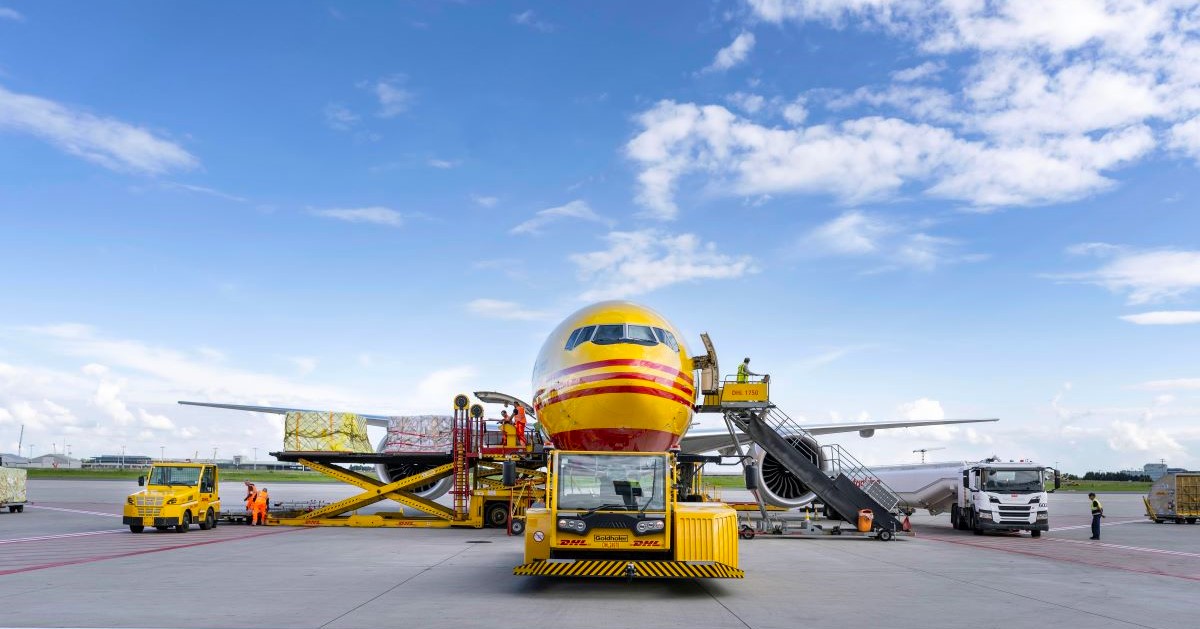


The proposal is receiving a lot of criticism and the move is seen as political mainly, to ban the aircraft models operation with higher Quota Count (QC) exceeding a value of 8.
Supporting the move, Several studies and surveys have shown the health of thousands of people living near the Brussels Airport is at risk due to its activities, a topic which has been in the political foreground for months.
Now, the instruction issued by the outgoing Belgian federal Transport minister Georges Gilkinet to ban the use of DHL’s B777Fs at Brussels Airport, has met with a huge disapproval in the economic community including freighter handlers at and around the airport. Georges Gilkinet said,
"It is essential to limit as much as possible the noise impact of air activity on the populations overflown, particularly at the most sensitive times of the day. This is why night flights must be carried out with the most environmentally efficient aircraft, in any case in compliance with current standards."
"This is a fundamental condition for ensuring a sustainable future for the activities of Brussels National Airport," he added, describing the non-compliant use of large aircraft to the detriment of the quality of life of local residents as an "unfair practice."
The key element in the debate is noise pollution and the harm it causes, with a ban on night flights being put forward as a solution. As this mainly impacts cargo companies, such as parcel company DHL, it caused political upheaval.
Outgoing Minister of the Flemish Rand (the area around Brussels, including Zaventem) Ben Weyts (N-VA) earlier this week stated that Gilkinet circulated an instruction a few days after the June elections preventing these aircraft from landing or taking off at the airport in Zaventem, lifting an exception for DHL in the regulations for night flights.
"This is a slap in the face for DHL, the only company there that uses the Boeing 777 for night flights," Weyts said. "It forces the parcel company to replace the Boeings with aircraft such as the Airbus A300", a smaller aircraft, which Weyts said will cause 60% more noise pollution because it has to be loaded fuller.
As per Mr Gilkinet, DHL and Aeorologic have been operating illegally for a decade, as legislation introduced on 3 May 2004 states that aircraft with a noise QC over 8 would be banned from night operations.
The B777F, so it seems, has a QC of 10.7. Even then, an exception was made for DHL’s B777’s, with the integrator limiting the payload on the aircraft which would make them less noisy on take-off.
If DHL were to follow the instruction, it would have to replace its B777 freighters by A300’s, which are a lot smaller, would have to be fully loaded and would thus be much noisier than the triple Sevens.
The Flemish regional government considers the minister’s move as politically inspired, as the current federal government has been caretaking since the latest parliamentary election on 9 June.
Meanwhile, members of the liberal Open VLD party have criticised Gilkinet's instructions, with newly elected MP Kjell Vander Elst arguing that it is
"essential for Flemish Brabant and its economy that DHL can continue to use the Boeing Triple Seven", adding that it is "notoriously the most sustainable cargo aircraft on the market".
However, Mr Gilkinet claims that, since 2021, DHL has not come forward with concrete solutions to operate within the legal framework, even if the company has other less noisy aircraft at its disposal. The minister said that he gave the instruction to implement the legislation fully as early as on 24 July last year.
The Flemish government has now invoked a conflict of interests procedure, which will take the matter to the Concertation Committee, a body set up to manage the collaboration between the federal and the regional governments. This procedure automatically postpones the implementation of the measure by 60 days.
DHL spokesman Lorenzo Van de Pol admits that Mr. Gilkinet has been toying with the idea to withdraw the permission the company has enjoyed for over ten years.
“Should this be carried out effectively, it would mean that DHL can no longer perform operations with the B777F from Brussels Airport during the night. In that case we would be forced to deploy other, less modern aircraft, which would indeed cause more nuisance for the residents. The B777 is the most modern and most quiet widebody available today on the global market,” he told CFG.
“Further, I understood that the Flemish government has invoked a conflict of interests against the plans of Mr. Gilkinet, which would put his instruction on hold and with discussion within the Concertation Committee to come first. So, as yet there are no immediate consequences for the DHL operation.”
In a press release, Brussels Airport has stated that it too regrets the far-reaching proposal of Mr Gilkinet.
“This is happening without any concertation with the airport or the air industry. The European procedure for imposing exploitation limits has not been respected either."
"The airport, the industry and the residents do not benefit from the launching of this type of extreme and unsupported proposals. They only create uncertainty, concern and polarisation. They impede sustainable and balanced solutions to the benefit of all parties concerned.”
